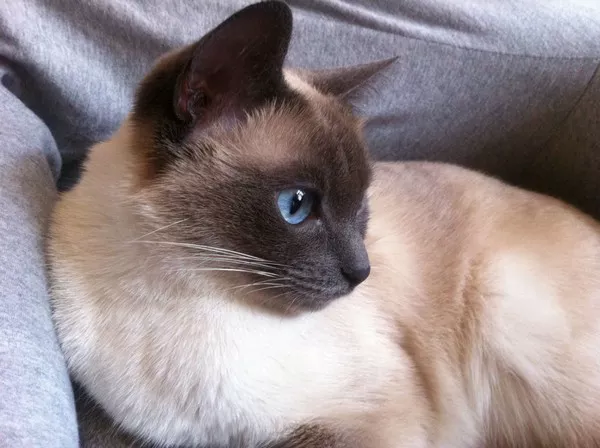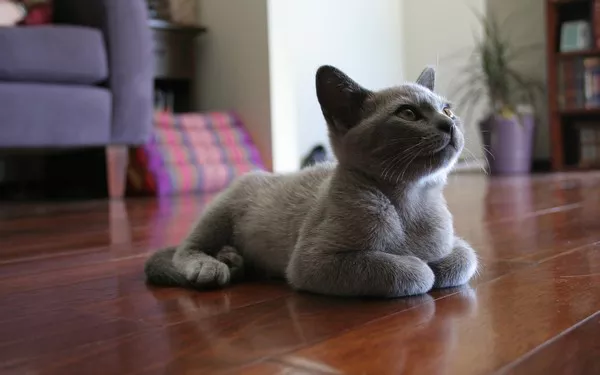In response to the outbreak of a highly contagious and often fatal cat virus, a local animal shelter, the Wood County Humane Society (WCHS), has taken the precautionary measure of temporarily closing its doors.
The shelter has been closed for over a week due to the presence of feline panleukopenia, a condition that poses a severe threat to cats. The staff at WCHS has been diligently engaged in an extensive cleaning regimen, and the shelter is expected to remain closed for at least another ten days. The outbreak has led to the temporary emptiness of most of the cages and cat rooms at WCHS.
The outbreak began earlier this month when a sick kitten tested positive for feline panleukopenia (FP). According to the American Veterinary Medical Association (AVMA), kittens are particularly vulnerable to the virus, often experiencing severe consequences.
Megann Smith, Director of Operations for WCHS, expressed the heartache of witnessing the effects of the virus, stating, “It is so hard to watch. You see them go from fun-loving little kittens to the virus taking over their body.”
Presently, approximately ten cats and kittens remain at the shelter, confined to separate areas under quarantine. Over 40 others have found temporary refuge in foster homes. All but one of the dogs at the shelter have also been relocated to foster homes. The cleaning efforts at WCHS have been all-encompassing, with staff diligently following rigorous cleaning protocols, including the use of surgical scrub and protective gloves to ensure a thorough viral cleanse of the premises.
Feline panleukopenia is highly contagious, and, as Smith points out, humans can inadvertently play a role in its spread, stating, “We carry germs, bacteria, and viruses on us all the time. You come into contact with something, and it’s on the bottom of your shoe or on your shirt, things of that nature.”
Tragically, six cats at WCHS have had to be euthanized due to the virus. Smith is urging all pet owners to ensure their cats and kittens are vaccinated against the virus, emphasizing that indoor cats are not exempt from the need for protection.
“You never know what you’ll bring into your house, so make sure your cats are protected,” Smith stressed.
The impact of the outbreak has been deeply felt by the shelter’s staff, volunteers, and fosters, with Smith acknowledging the emotional toll it has taken.
While the exact date for the shelter’s reopening remains uncertain, there is hope that it can resume operations in early October. In the meantime, the Wood County Humane Society is actively seeking support from the community, with cash donations being particularly needed at this time.
“We’re using multiple cleaners at a higher concentration, bringing staff in for longer hours, so our costs have gone up a bit during this time,” explained Smith.
The shelter’s management and staff are committed to ensuring the safety and well-being of the animals in their care, and they remain dedicated to their mission despite the challenges posed by the outbreak.






















